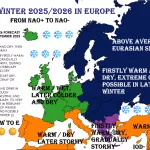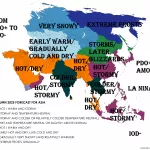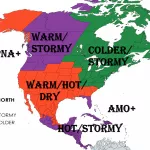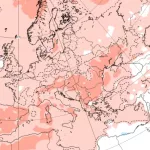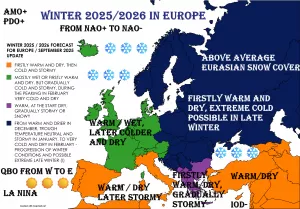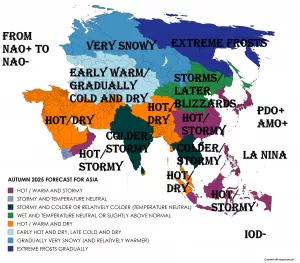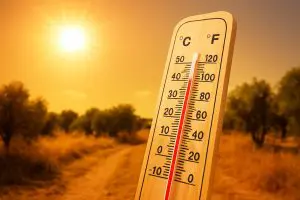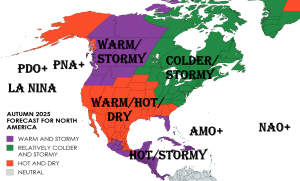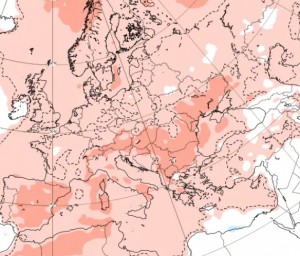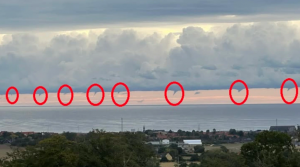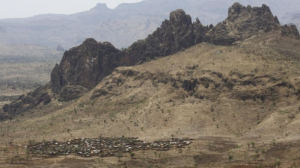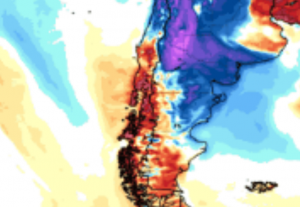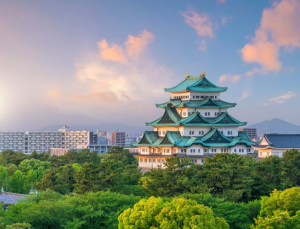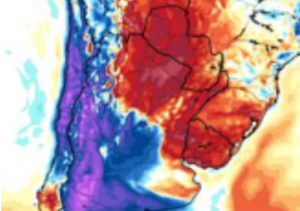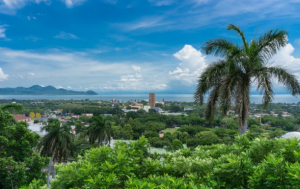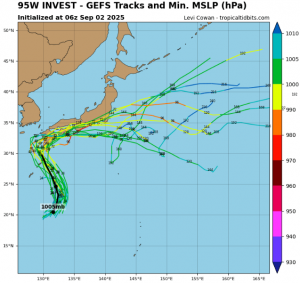
In a striking climate event, the Riau Islands of Indonesia, located just south of Singapore, recorded their hottest June night in history, with temperatures lingering at a remarkable +27.9°C. This unusually warm nighttime temperature signals a growing trend of heatwaves and rising minimum temperatures affecting Southeast Asia.
Typically, nights in tropical maritime regions like the Riau Islands provide a much-needed cool-down from the daytime heat. However, the recent data reveals an alarming departure from the norm. A minimum temperature of 27.9°C means that even after the sun sets, the air remains oppressively warm, offering little relief to residents and ecosystems alike.
This record-breaking heat during the night reflects broader climatic changes impacting the region, including urbanization, deforestation. The Riau Islands, a critical hub due to their proximity to Singapore and their role in regional trade and biodiversity, are now experiencing unprecedented thermal stress.
Such high nighttime temperatures can have severe consequences, including increased health risks, especially heat-related illnesses; greater energy consumption for cooling; and stress on local agriculture and wildlife. Moreover, persistent heat can exacerbate air quality problems and amplify the urban heat island effect.

Illustration picture: https://www.expedia.co.uk/Batam.dx6224874

